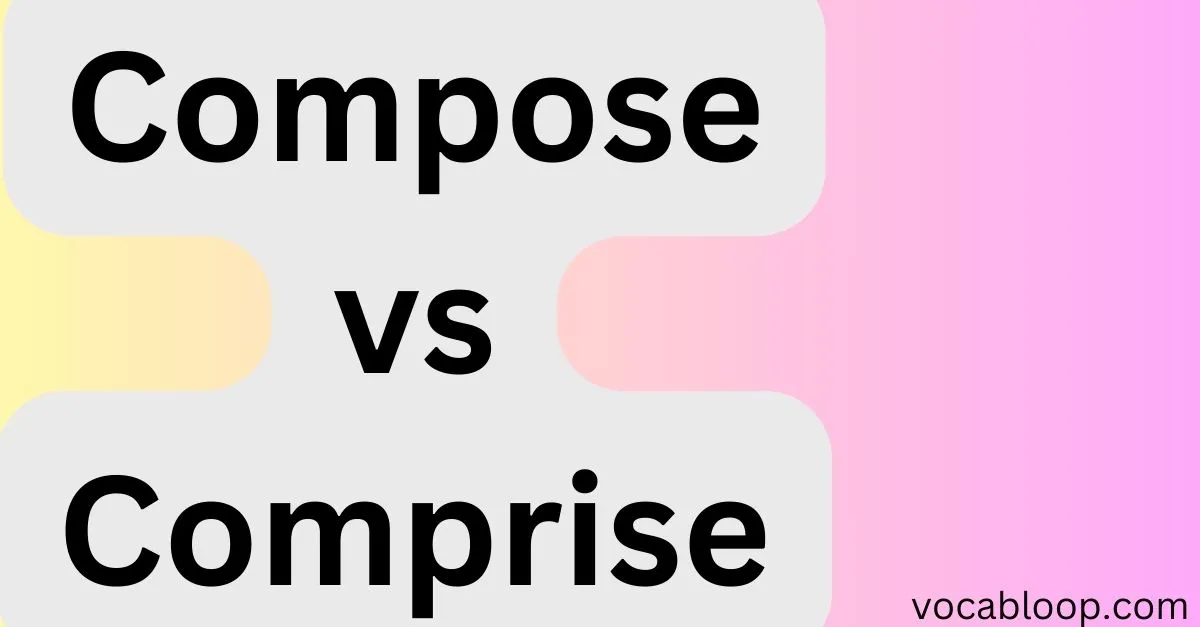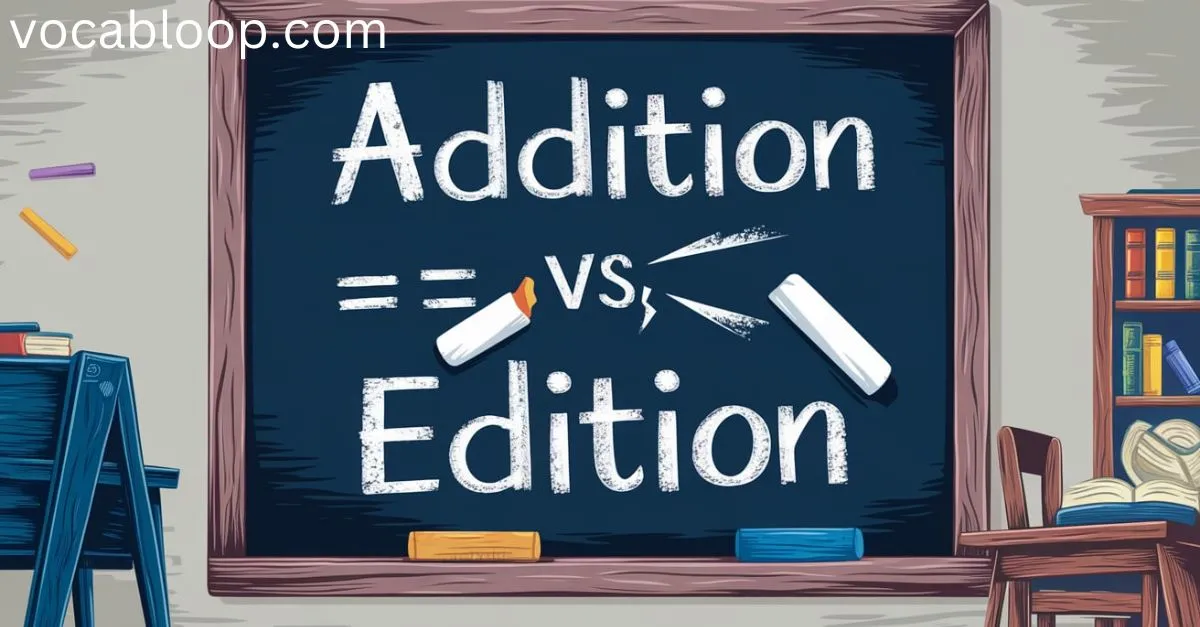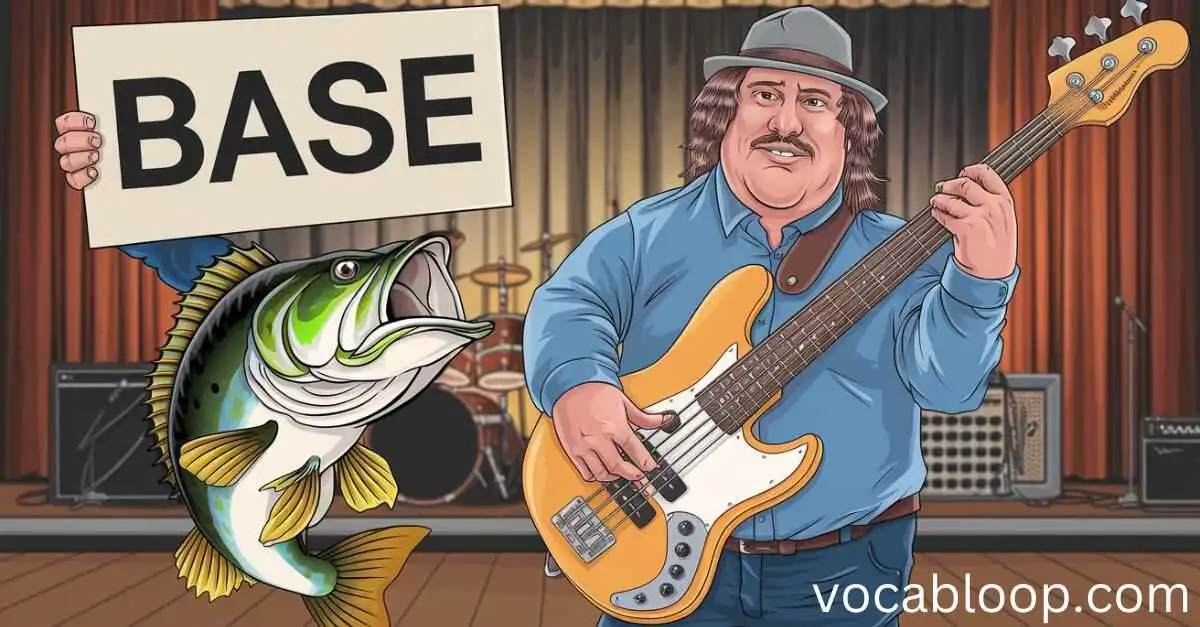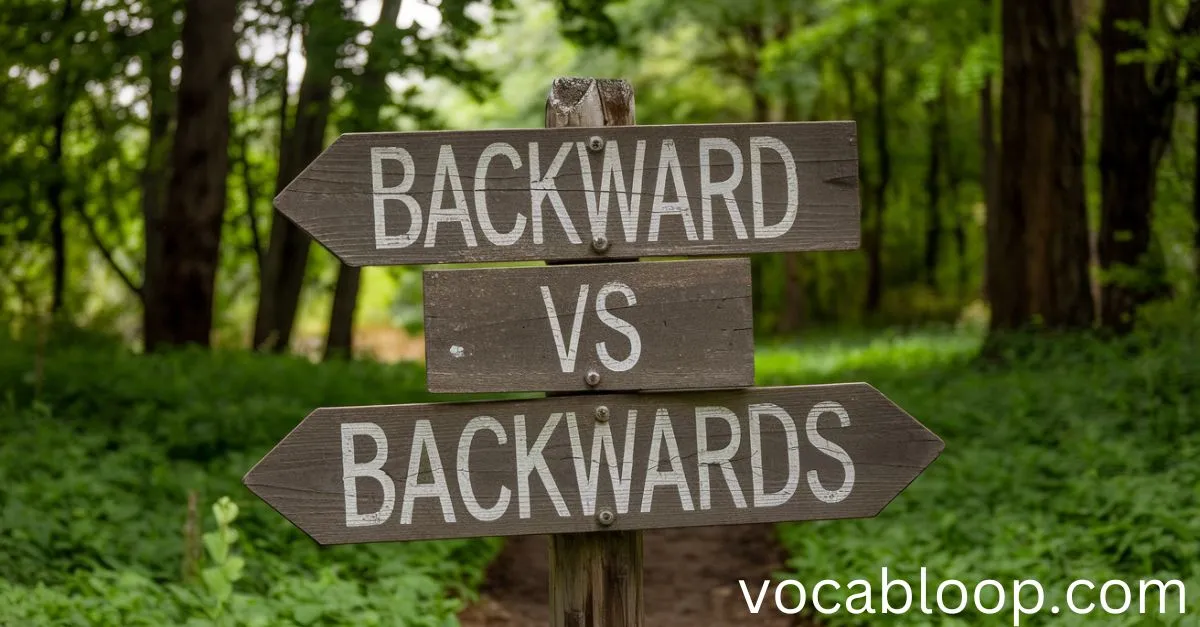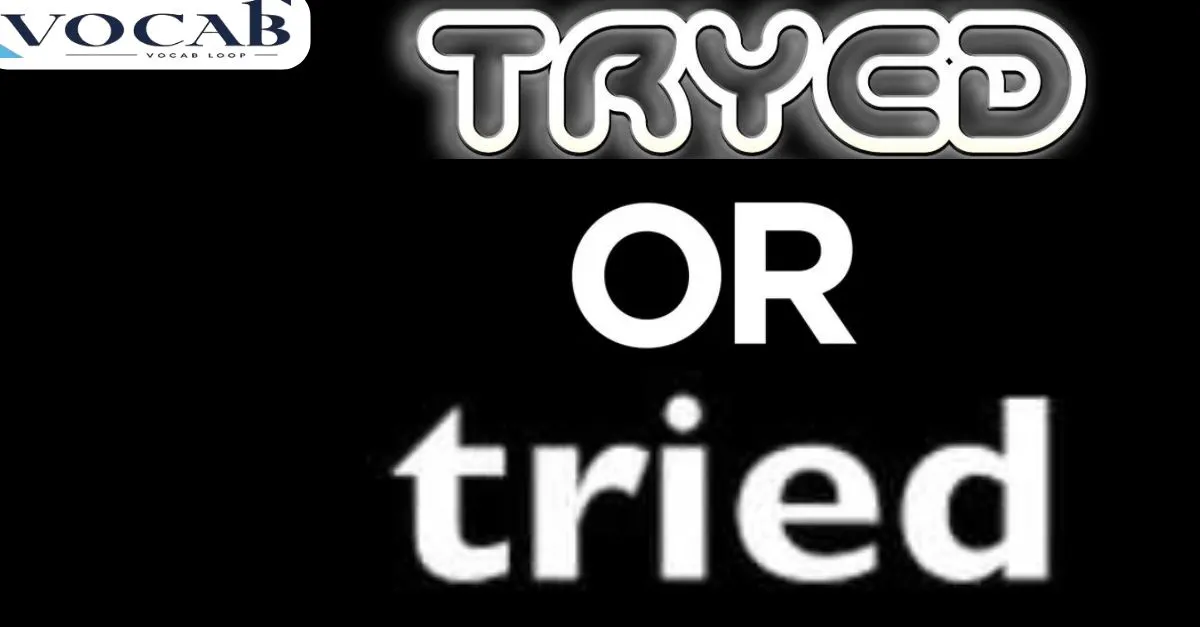Compose vs Comprise: Which Spelling Is Right?
The English language is full of terms that confuse even seasoned writers, and the debate between compose vs comprise is a classic example. While these words are often used interchangeably, their meanings and applications differ significantly. Misusing them can lead to common usage errors, undermining your message’s clarity. Compose refers to creating or assembling parts … Read more

